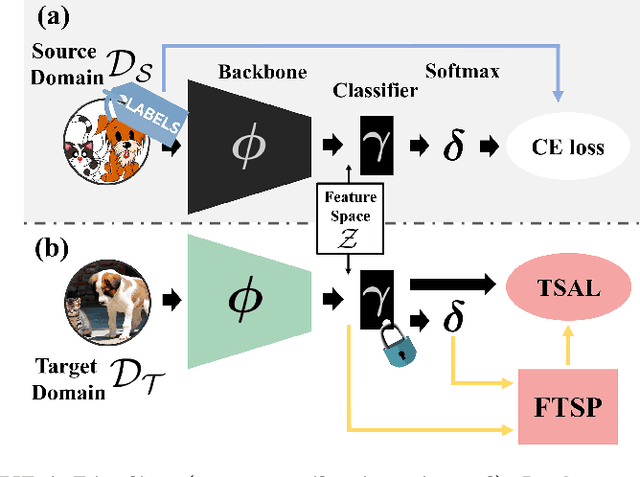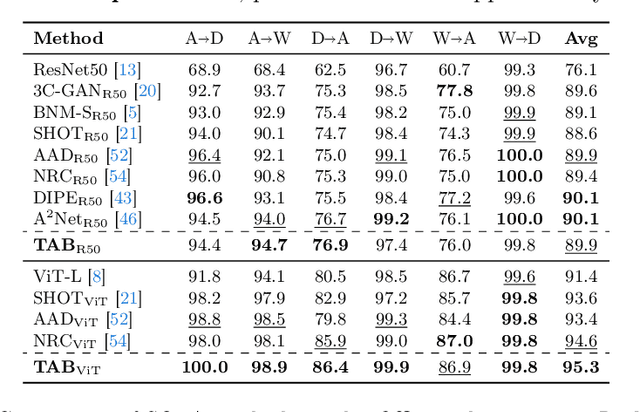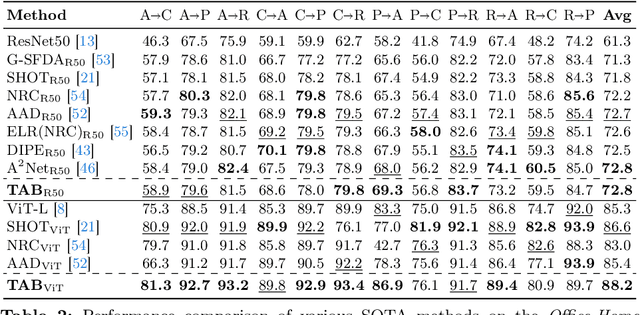Trust And Balance: Few Trusted Samples Pseudo-Labeling and Temperature Scaled Loss for Effective Source-Free Unsupervised Domain Adaptation
Paper and Code
Sep 01, 2024



Deep Neural Networks have significantly impacted many computer vision tasks. However, their effectiveness diminishes when test data distribution (target domain) deviates from the one of training data (source domain). In situations where target labels are unavailable and the access to the labeled source domain is restricted due to data privacy or memory constraints, Source-Free Unsupervised Domain Adaptation (SF-UDA) has emerged as a valuable tool. Recognizing the key role of SF-UDA under these constraints, we introduce a novel approach marked by two key contributions: Few Trusted Samples Pseudo-labeling (FTSP) and Temperature Scaled Adaptive Loss (TSAL). FTSP employs a limited subset of trusted samples from the target data to construct a classifier to infer pseudo-labels for the entire domain, showing simplicity and improved accuracy. Simultaneously, TSAL, designed with a unique dual temperature scheduling, adeptly balance diversity, discriminability, and the incorporation of pseudo-labels in the unsupervised adaptation objective. Our methodology, that we name Trust And Balance (TAB) adaptation, is rigorously evaluated on standard datasets like Office31 and Office-Home, and on less common benchmarks such as ImageCLEF-DA and Adaptiope, employing both ResNet50 and ViT-Large architectures. Our results compare favorably with, and in most cases surpass, contemporary state-of-the-art techniques, underscoring the effectiveness of our methodology in the SF-UDA landscape.
 Add to Chrome
Add to Chrome Add to Firefox
Add to Firefox Add to Edge
Add to Edge